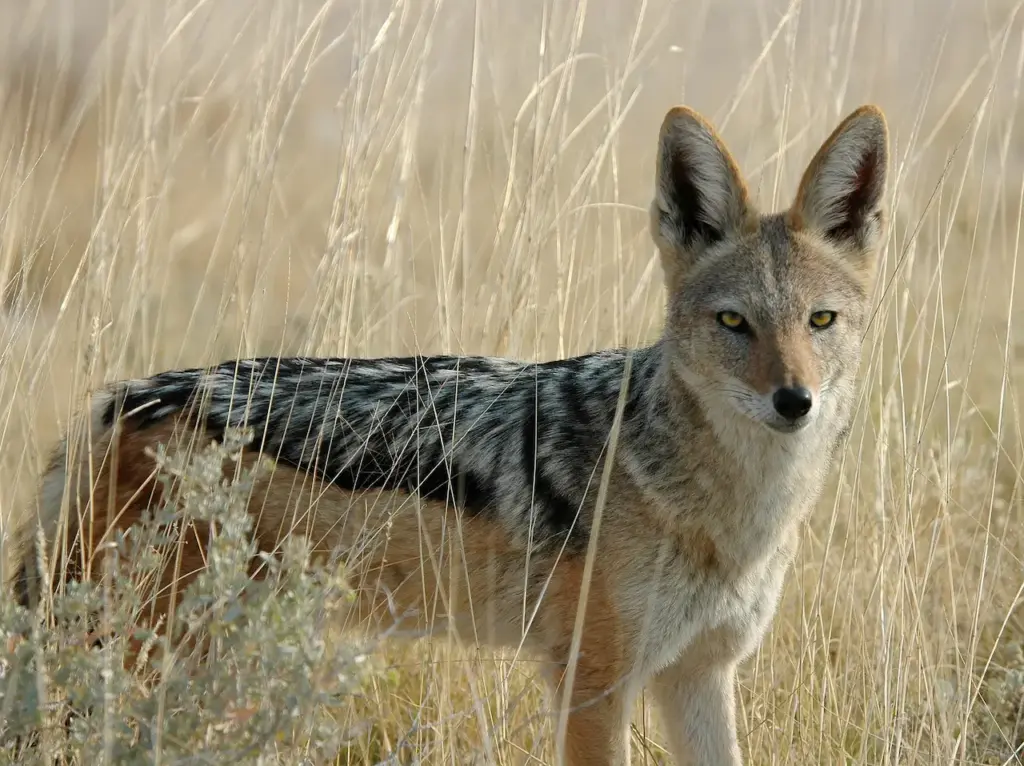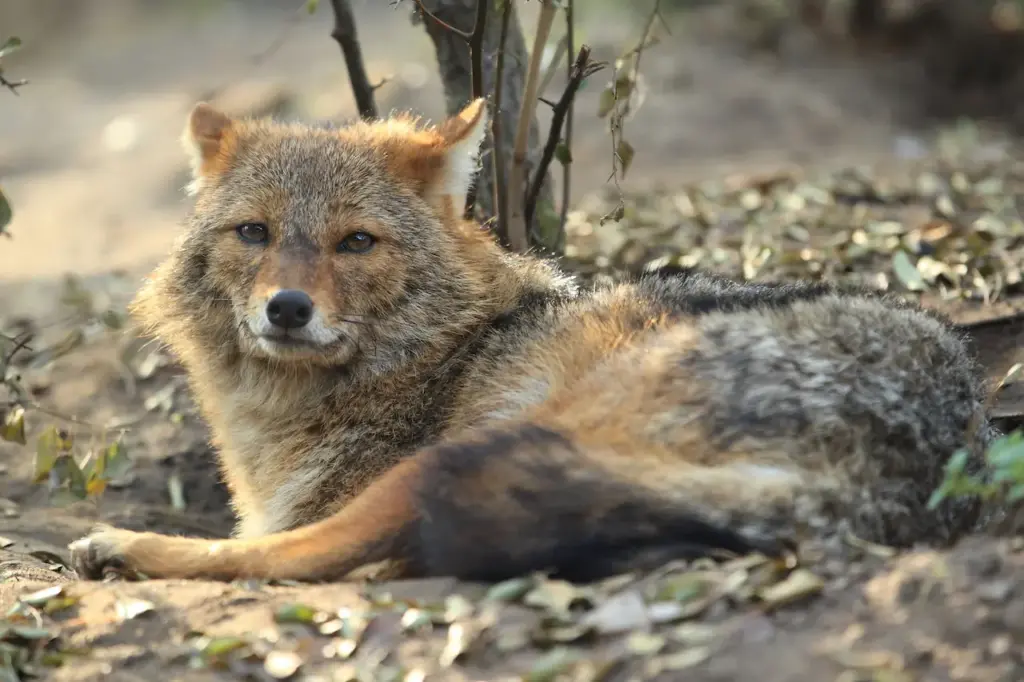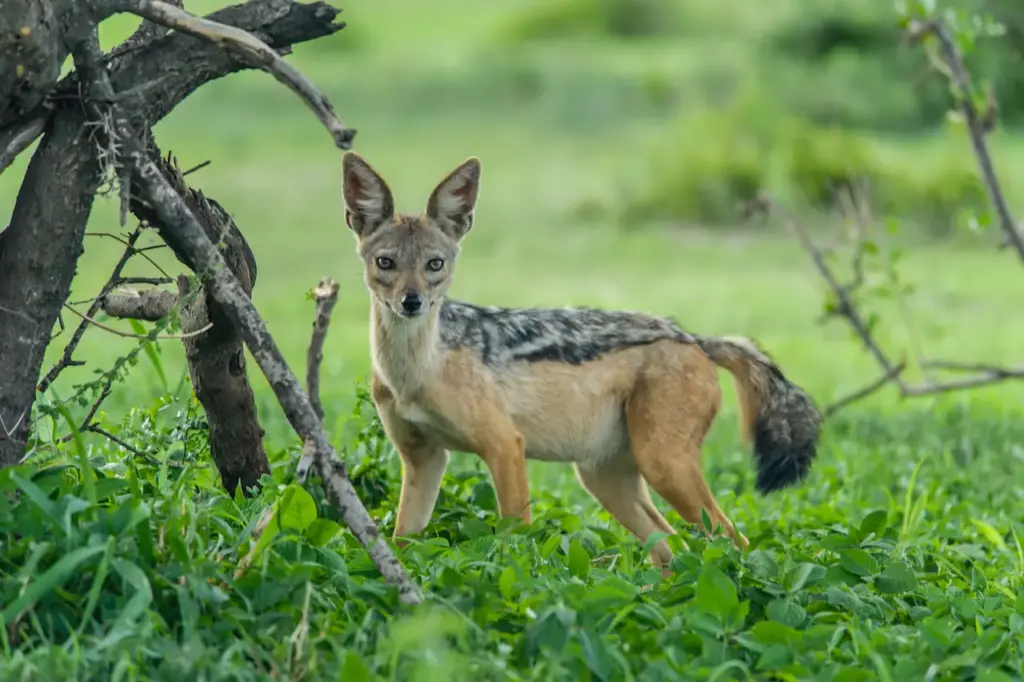What Eats Jackals?
Categories
- Accipitridae (1)
- Acrididae (1)
- Algae (2)
- Alligatoridae (1)
- Amoebidae (1)
- Amphibians (3)
- Anatidae (1)
- Anguillidae (1)
- Arachnids (2)
- Bears (2)
- Big Cats (3)
- Birds (13)
- Bovidae (5)
- Bufonidae (1)
- Camelids (1)
- Cameras (1)
- Canines (13)
- Caridea (1)
- Carnivora (10)
- Castoridae (1)
- Cats (5)
- Cebidae (1)
- Cephalopod (1)
- Cervidae (2)
- Cetacean (1)
- Chondrichthyes (1)
- Crocodilia (2)
- Crustaceans (4)
- Culicidae (1)
- Cyaneidae (1)
- Dasypodidae (1)
- Dasyurids (1)
- Deer (1)
- Delphinidae (1)
- Desktop (1)
- Didelphidae (1)
- Dinosaurs (1)
- Dogs (13)
- Dolphins (2)
- Echinoderms (1)
- Education (10)
- Elephantidae (1)
- Equine (1)
- Erethizontidae (1)
- Erinaceidae (1)
- Farming (1)
- Felidae (5)
- Fish (5)
- Food Chain (31)
- Food Web (2)
- Formicidae (1)
- Frugivore (1)
- Gaming (1)
- Gastropods (1)
- Giraffids (1)
- Great Apes (2)
- Health Conditions (3)
- Herbivore (4)
- Hi-Fi (1)
- Hippopotamidae (1)
- Hominidae (1)
- Insects (10)
- Invertebrates (2)
- Keyboards (1)
- Laptops (1)
- Leporidae (1)
- Mammals (23)
- Marsupials (4)
- Mephitidae (1)
- Microchiroptera (1)
- Mollusks (2)
- Mongoose (1)
- Muridae (1)
- Nocturnal Animals (1)
- Odobenidae (1)
- Omnivore (2)
- Phasianidae (1)
- Phocidae (1)
- Plankton (1)
- Plants (2)
- Primate (1)
- Ranidae (1)
- Reptiles (7)
- Rhinocerotidae (1)
- Rodents (5)
- Salamandridae (1)
- Scarabaeidae (1)
- Sciuridae (2)
- Sharks (1)
- Shellfish (1)
- Sound (1)
- Spheniscidae (1)
- Suidae (1)
- Superfamily Papilionoidea (1)
- Theraphosidae (1)
- What Eats (5)
Jackals are medium-sized omnivorous mammals that belong to the dog family Canidae. Jackals come in three primary species – the golden jackal, the side-striped jackal, and the black-backed jackal. These opportunistic nocturnal creatures inhabit areas of Africa, the Middle East, Asia, and Southeast Europe.
Due to their small to medium size, jackals fall prey to a number of larger carnivorous animals that share their habitat. The jackal’s main defense against predators is either fight or flight. They will confront predators in defense of food or offspring using noisy growls, howls, and cackles – or rapidly flee away to safety. However, jackals invariably find themselves on the menu of certain dominant predators that hunt at night.
Table of Contents
Toggle
Jackal in Brush What Eats Jackals
Predators of Jackal Pups
As with most species, jackal pups face the highest rate of predation in their early weeks since they have not yet reached maturity and acquired adequate predatory skills of their own. Jackal pups under three months old are vulnerable to large raptors, snakes, and bigger carnivorous mammals.
Eagles, hawks, owls, pythons, and cobras are the main culprits that hunt tender jackal pups left unattended in dens while parent jackals are away foraging. Given the opportunity, bigger mammals like lions, leopards, hyenas, bears, and wolves can also stalk and ambush unattended dens to consume defenseless pups. Within their first year, over 70% of jackal juveniles succumb to predation from opportunistic predators targeting vulnerable pups.
Lions
As apex predators of Africa and parts of Asia, lions pose a constant lethal threat to adult jackals. Lions have been observed opportunistically predating on jackals throughout sub-Saharan Africa and in Gujarat, India where Asiatic lions reside. Since lions hunt similar prey and often clash with hyenas over food, they likely prey upon jackals during territorial skirmishes or if they chance upon a jackal while hunting.
Additionally, lions may kill jackals to eliminate competition over the carcasses on which they frequently scavenge. There have been recorded instances of lions storming jackal dens for pups and even incorporating adult jackals into their diet when available. Given their intimidating size and cooperative hunting strategies, lions can efficiently prey on unwary jackals.
Hyenas
Like lions, hyenas are also apex predators occupying similar habitats to jackals across Africa and parts of Asia. As opportunistic predators, hyenas supplement their diet of wildebeest, antelope and other ungulates by also feeding on jackals. Hyenas have been observed predating on jackals throughout sub-Saharan Africa and parts of Gujarat, India, where they co-exist with jackals.
Hyenas may kill jackals during fights over food resources or dens during territorial disputes. Moreover, hyenas are known for hunting and feeding in large clans, enabling them to overpower solitary jackals through sheer numbers and intimidation. Hyenas, hence, constitute a perennial jackal predator due to their shared presence spanning sub-Saharan Africa to western India.
Leopards
The other big cats, like leopards, similarly prey upon jackals when opportunities arise. Leopards take a heavy toll on jackals across sub-Saharan Africa and Asia, where the two species overlap. Leopards’ superior tree-climbing skills also make jackal pups in dens extremely vulnerable to attacks. Camera trap footage has captured leopards stealthily ambushing unwary adult jackals on repeated occasions. As opportunistic hunters, leopards supplement their rodent, deer, and primate diet by feeding on jackals of all life stages. Dense leopard populations throughout Asia and Africa ensure that jackals living nearby regularly end up as leopard prey.

Golden Jackal What Eats Jackals
Cheetahs
The world’s fastest land mammal, the cheetah, is well capable of sprinting down jackals on open plains to supplement their diet of impala fawns and gazelle. When suffering major injuries or during times of prey scarcity, cheetahs become desperate enough to turn to hunt the usually rather spry jackals for survival. Although not their preferred prey, injured lone cheetahs and mother cheetahs teaching cubs will hunt slower jackals as a reliable protein source. Given their hand-in-glove coexistence throughout sub-Saharan Africa, cheetahs inevitably turn to jackals as substitute prey when urgently needed.
Wolves and Wild Dogs
wolf packs native to North Africa, the Middle East, and parts of Asia sporadically consume jackals when available. Although jackals do not constitute major prey for wolves – especially when abundant deer, bison, and livestock are within reach – dire conditions like droughts can compel entire wolf packs to prey upon jackals. Footage indicates wolves attacking solitary jackals or small groups of up to three when they have the advantage.
Similarly, African wild dogs living in overlapping habitats with jackals have recently been reported killing jackals in Zimbabwe’s national parks. Wild dogs likely kill jackals to eliminate competition for food since these canine species fiercely compete over carcasses. The African wild dog packs work cooperatively to isolate and overwhelm solitary jackals before securing the kill.
Bears
The Himalayan black bear and brown bear native to northern India’s Kumbhalgarh Wildlife Sanctuary have reportedly included the golden jackal in their vast diet. Both bear species attack jackals and ransack dens opportunistically while foraging in jackal habitats within the sanctuary.
Furthermore, sloth bears occupy the same forests and grasslands as jackals in both India and Sri Lanka, posing another ursine threat. All three bear species may sporadically attack jackals – either adults or pups – for supplemental nutrition while prowling territories for vegetal treats and bigger games. Jackals would constitute relatively small prey for bears but are pursued nonetheless as convenient meals.
Other Predators
Besides mammalian carnivores, reptiles and raptors also kill and consume jackals aplenty. Numerous venomous snakes like cobras, kraits, and vipers are the main culprits of jackal pup deaths and occasionally bite adults. Large pythons and constrictors like Indian rock pythons and African rock pythons can ingest juvenile and adult jackals, too—raptors, including eagles, hawks, falcons, and owls, frequently prey on jackals.
Golden eagles can lift fox-sized jackal adults into the air, while massive crowned eagles and martial eagles easily kill mid-sized jackals. Smaller birds of prey, like buzzards and kites more often feed on newborn jackals. Overall, a broad range of predatory reptiles, raptors, mammals, and even baboons all readily feed on hapless jackals.

Portrait of a Jackal
Coyotes
Like their jackal counterparts in North America, coyotes face similar threats from larger predators in their domain. Although not present in jackal habitats, coyotes deal with comparable predators like wolves, cougars, bears, eagles, and snakes on a routine basis.
Much like jackals, coyotes straddle the line between being predators yet still ending up as prey for even more powerful carnivores. The parallels between the types of jackal and coyote predators across different continents reveal intriguing ecological similarities – despite having evolved continents apart.
Conclusion
Diverse apex predators like lions, leopards, bears, and wolves all prey upon jackals alongside mesopredators such as hyenas, cheetahs, and wild dogs across Africa and Asia. Snakes and raptors also feed extensively on jackal pups and occasionally adults. Ultimately, jackals fill an important niche by scavenging carcasses to clean the environment.
Yet, as small opportunistic predators themselves, jackals invariably end up on the menu of bigger, stronger carnivores inhabiting the same ecosystems – completing the cycle of life. With numerous competing species constantly striving for dominance, no single predator remains permanently at the apex of food chains – and the ubiquitous jackal is certainly no exception, actively hunted by a multitude of dangerous predators every day across Africa and Asia.
